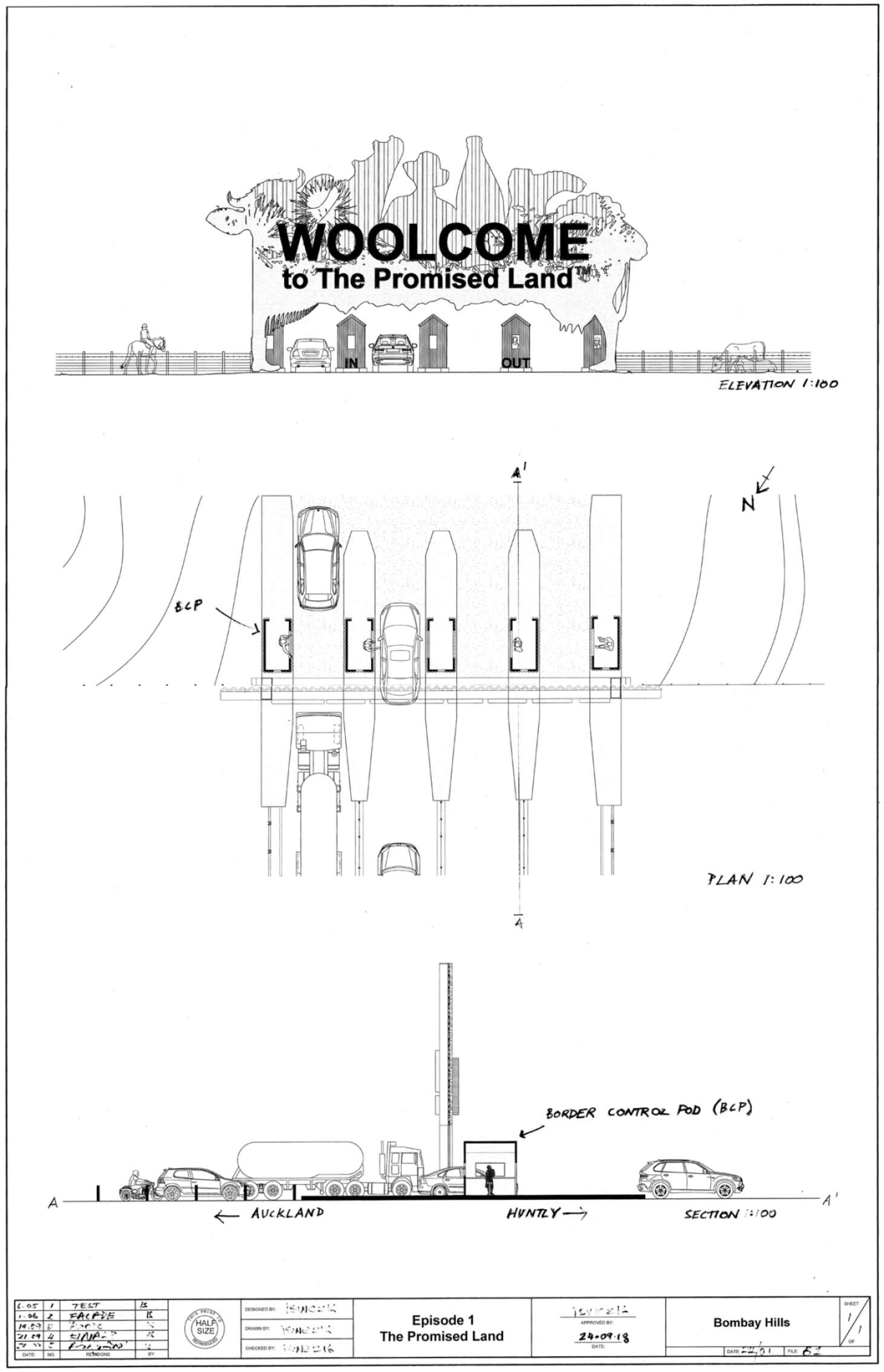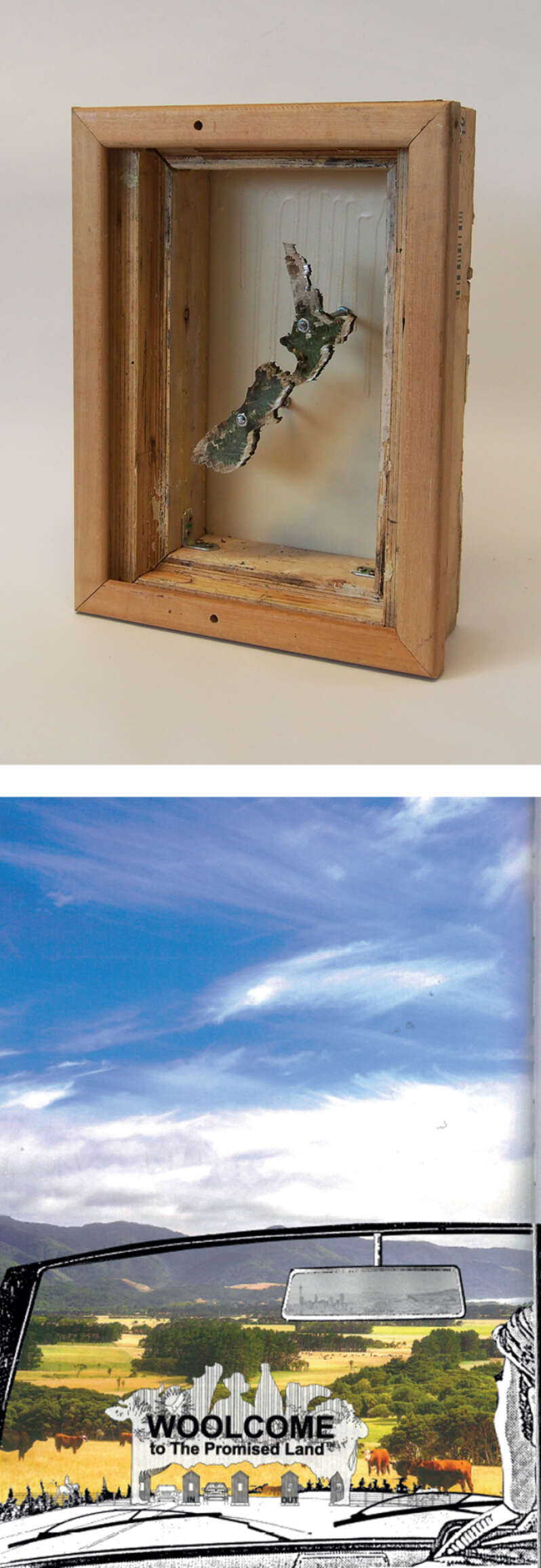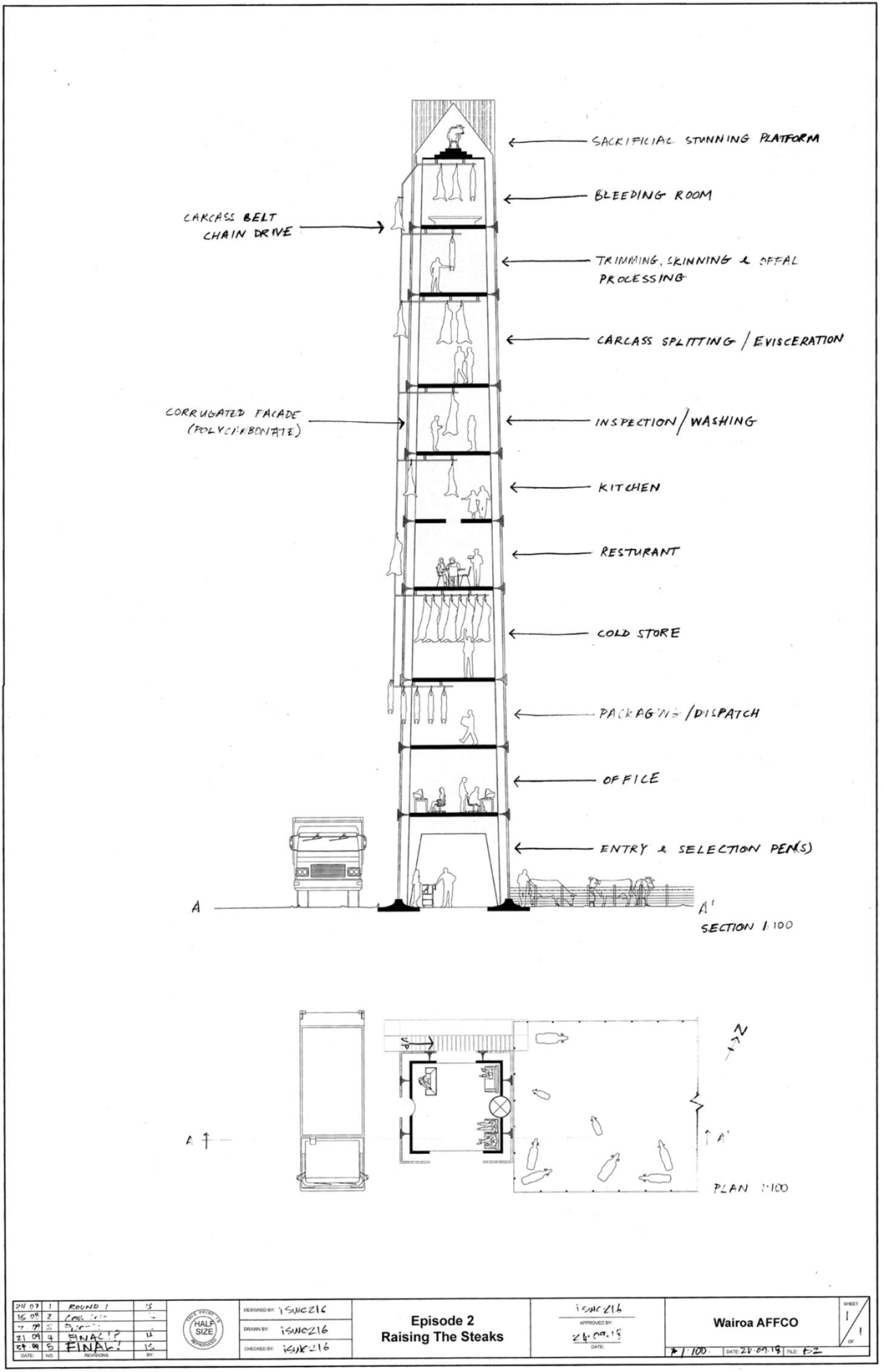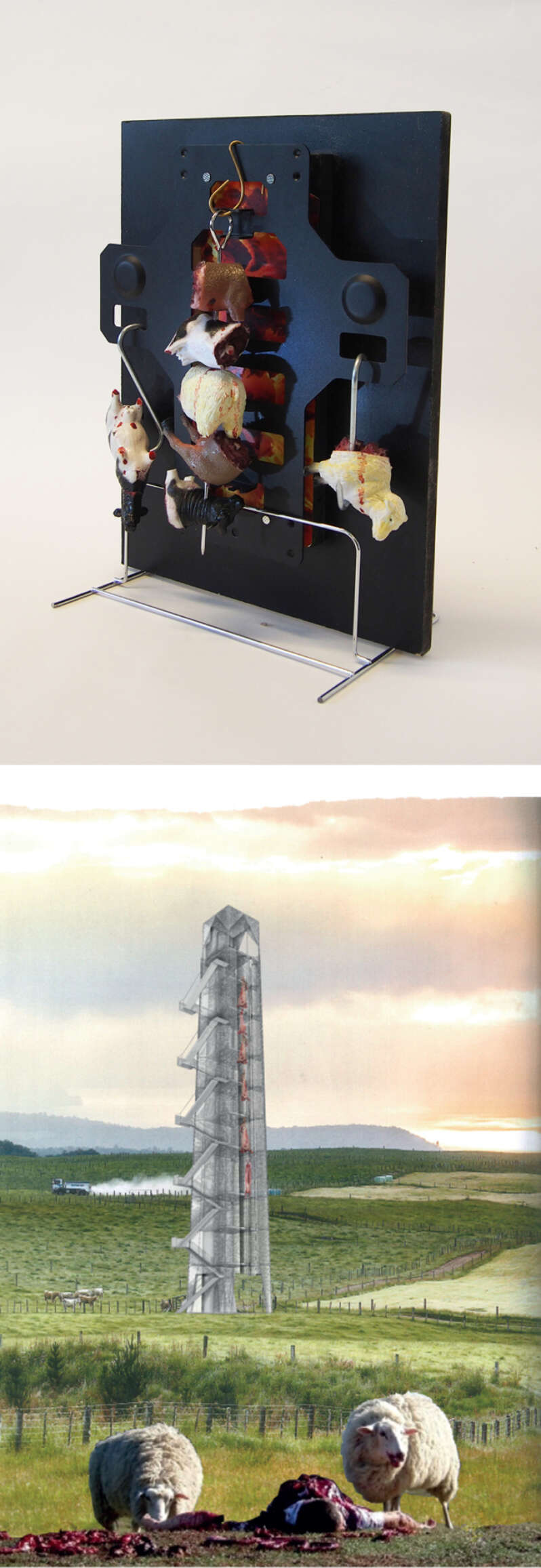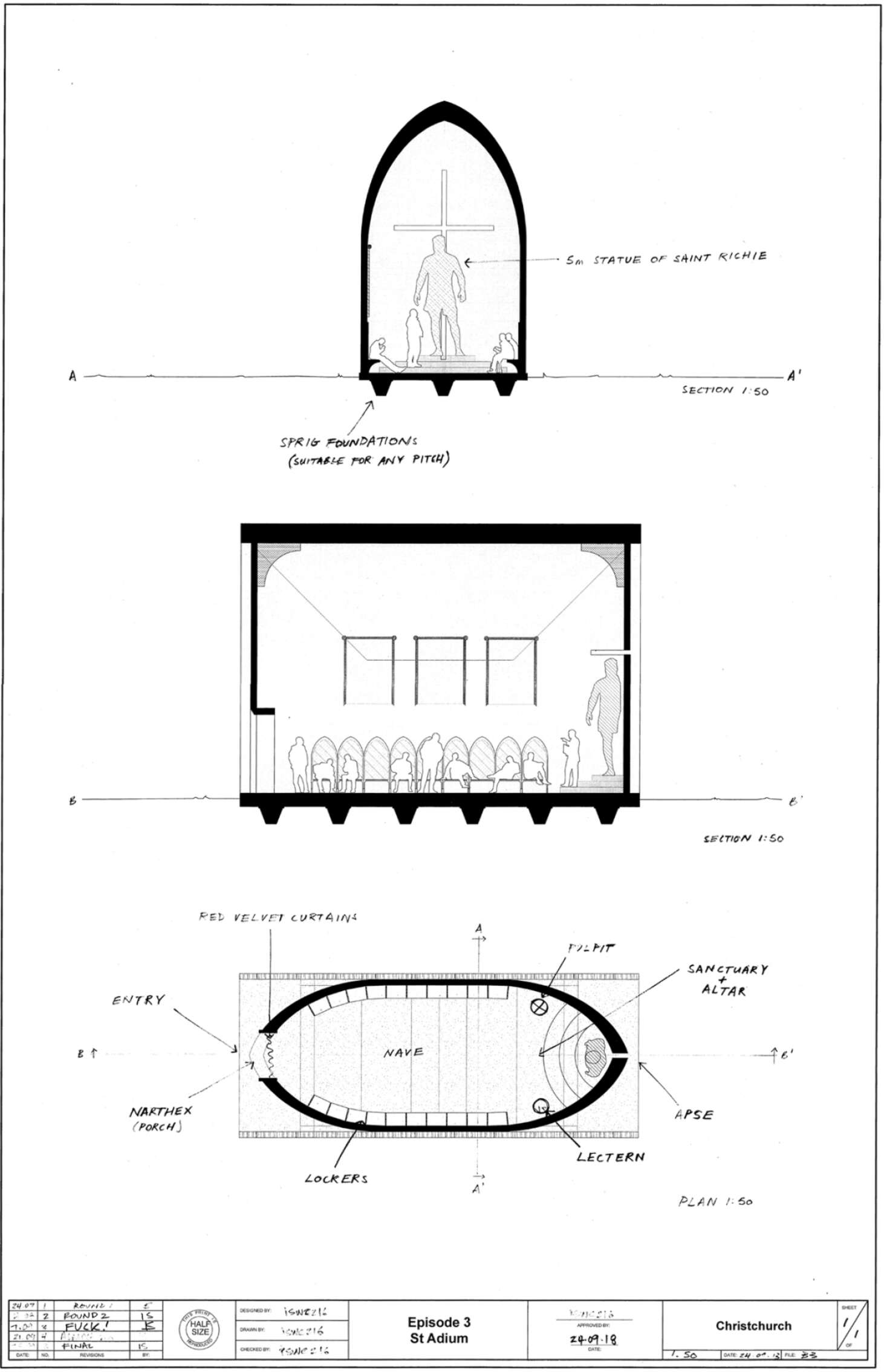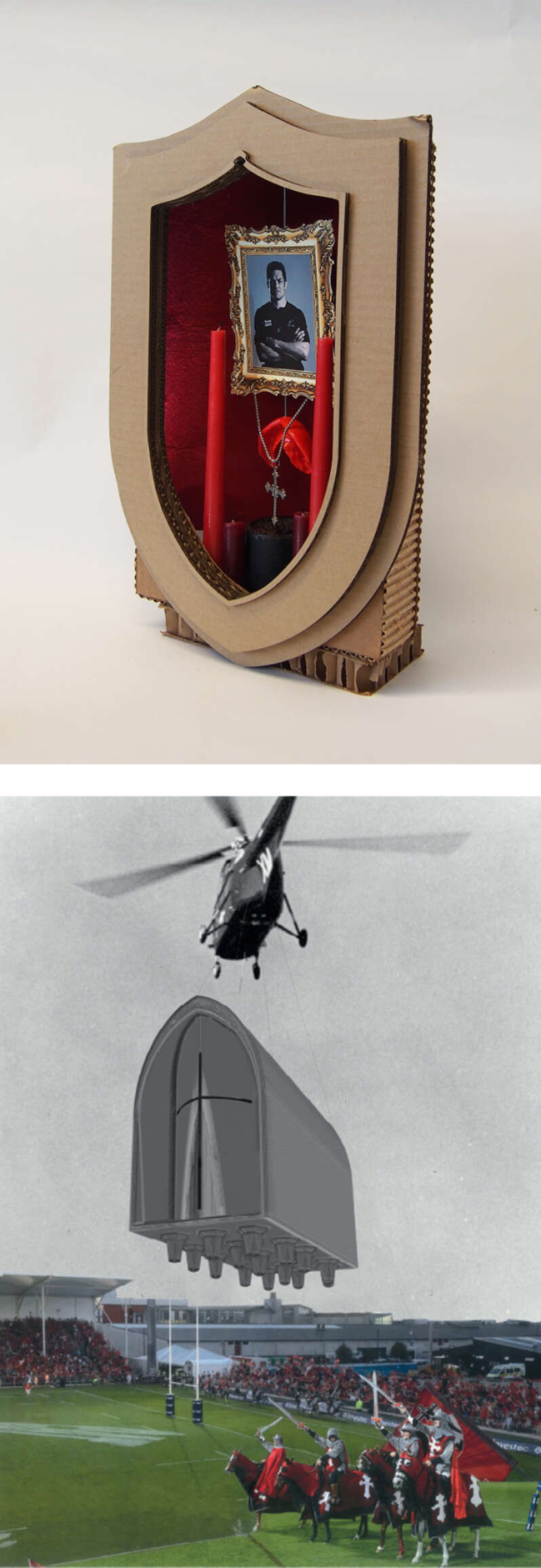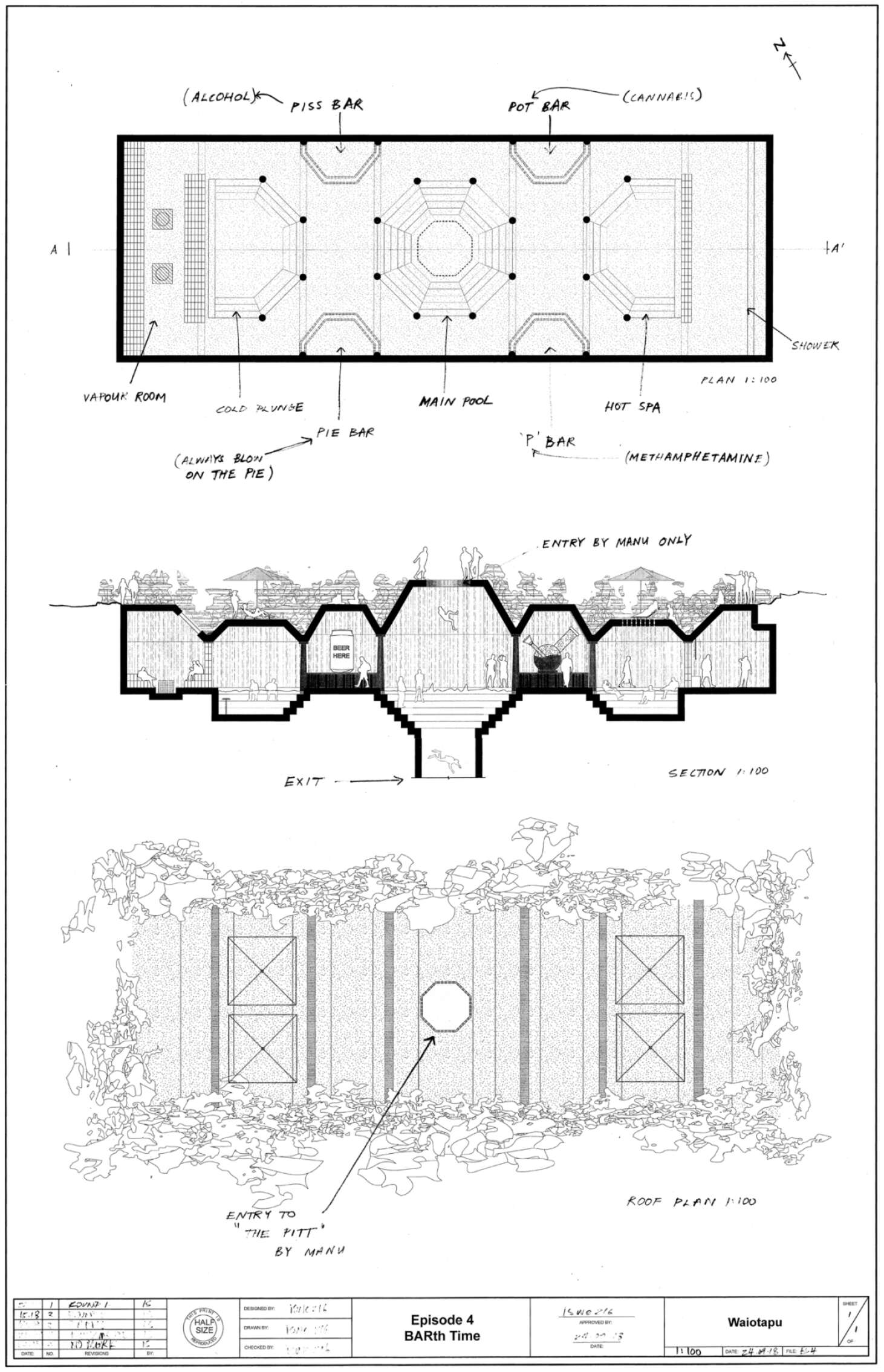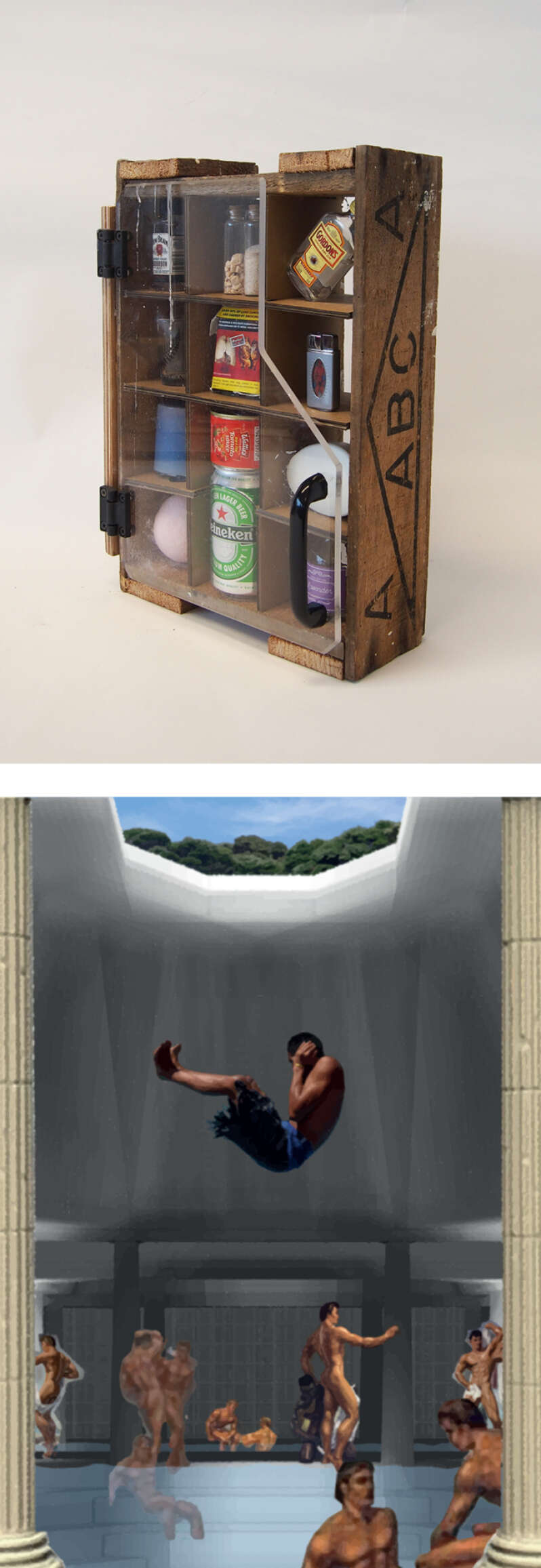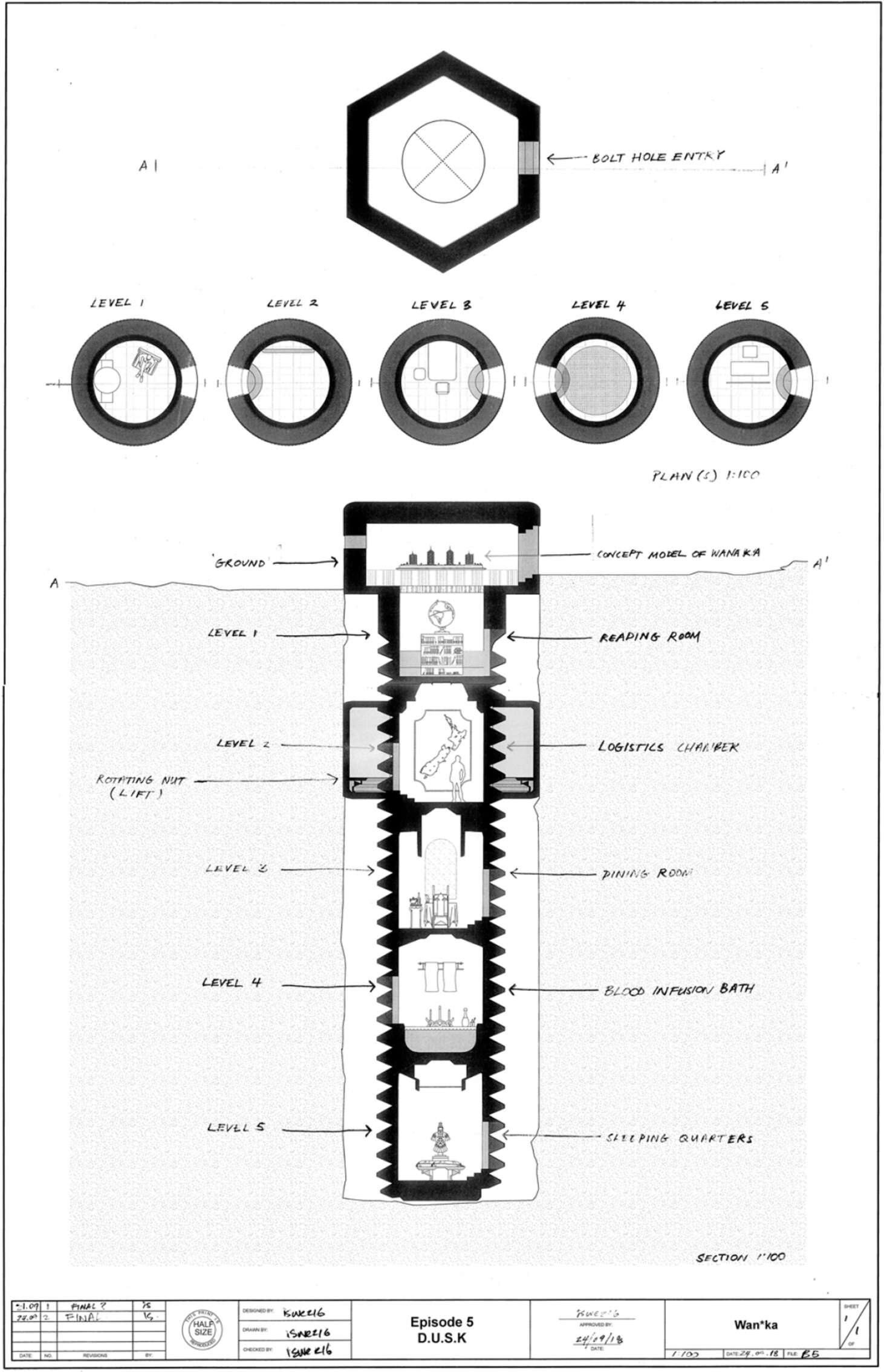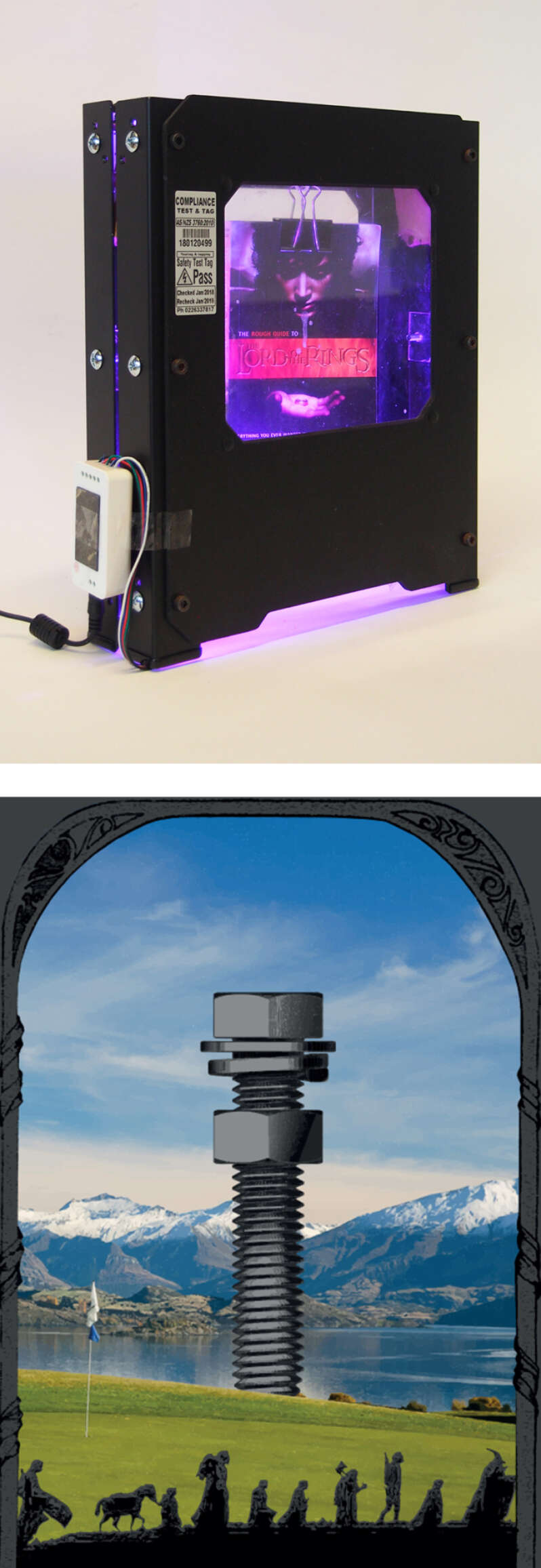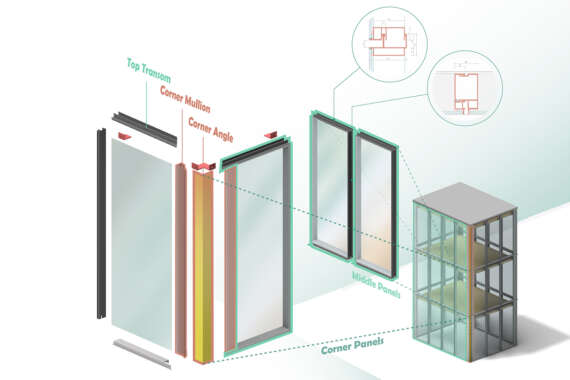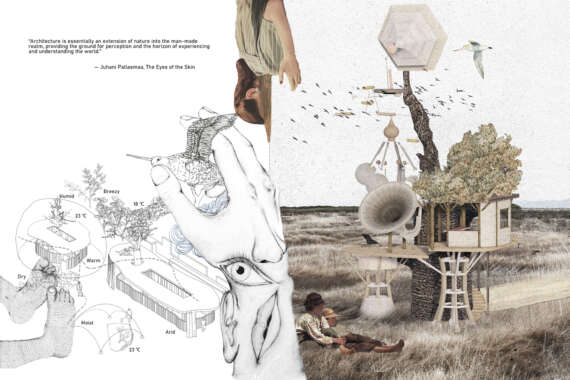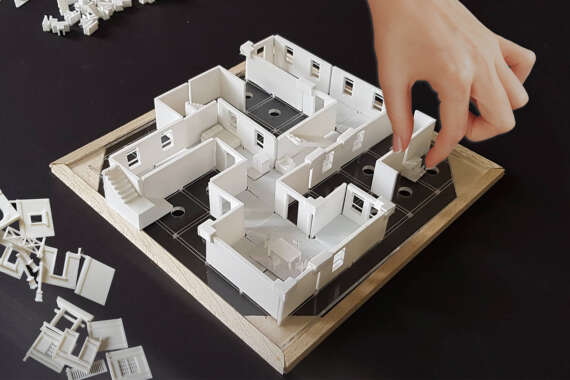New Zealand's Rural Enigma : UNPACKED
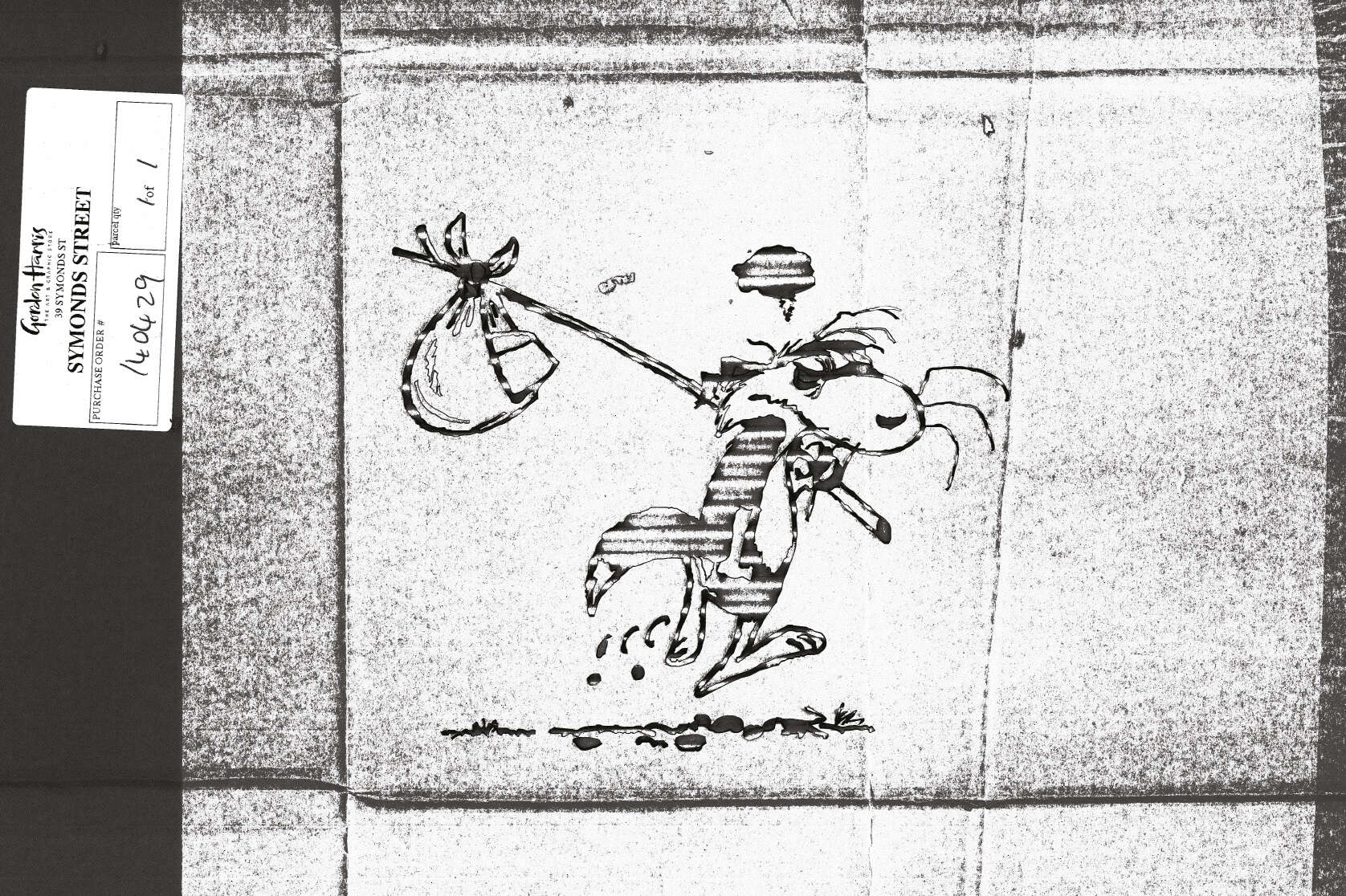
'New Zealand’s Rural Enigma' searches for ways in which bucolic idealisations of rural New Zealand can be architecturally scrutinised, observed and redefined. This thesis interrogates how architecture can manipulate perceptions of the rural by identifying sites of discontent and reinterpreting how they are communicated and discussed within architectural discourse.
'New Zealand’s Rural Enigma' is a series of five episodes that requires their latent observers to implicate themselves. The work, an installation of five cardboard boxes employing shadow boxes, collage and architectural drawings, is intended to be accessible to a non-exclusive public. It plays dumb and embraces its DIY quality. Posing as a collection of makeshift screens, the boxes question ways in which an architectural investigation is presented, explored and understood by both its ‘creator’ and its audience. The materials and methods implemented allow 'New Zealand’s Rural Enigma' to negotiate the past, present and future through a series of curated capsules of 21st century consumer culture.
Here the place of architecture in rural New Zealand is presented as a pervasive, continuous relationship between the commercialisation and consumption of space. Rather than solving problems, each episode of 'New Zealand’s Rural Enigma' unearths the unknown knowns potently present within the architecture of the rural. This architectural exploration of New Zealand's regions through absurd spatial adaptations promotes architectural conflicts and exposes latent truths that offer a humble, sardonic reflection upon the rural that New Zealanders have long admired and disdained but continue to construct.







